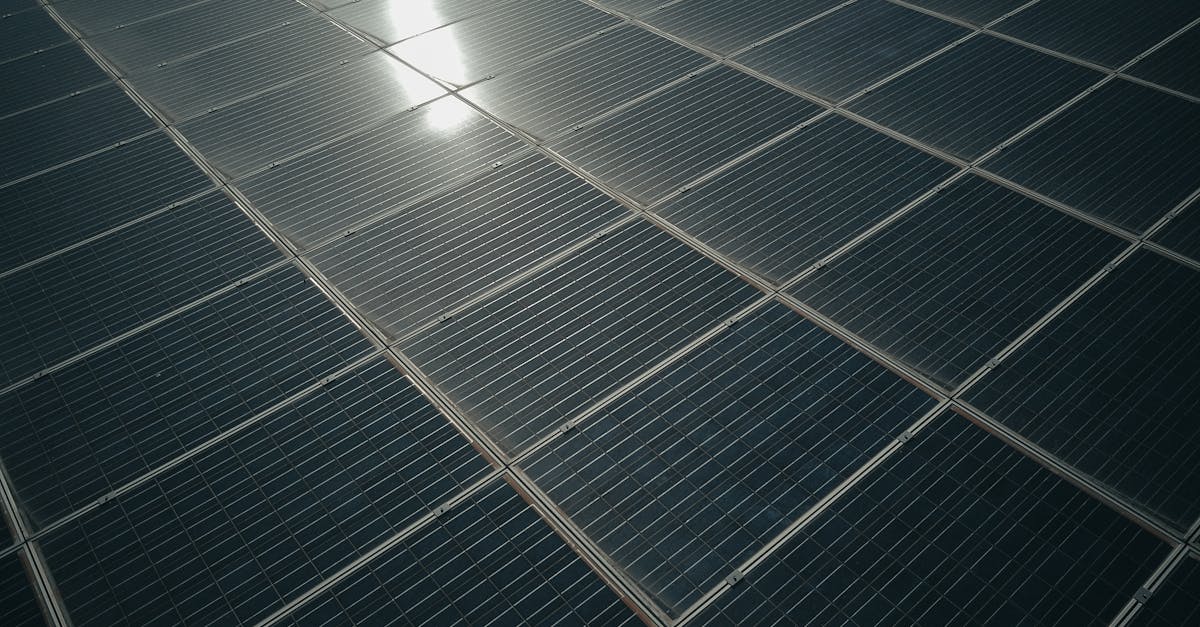Renewable Energy’s Crucial Role in Mitigating Climate Change
The world is on a mission to reduce its carbon footprint, and renewable energy is playing a vital role in achieving this goal. As the global demand for clean energy continues to rise, renewable sources such as solar, wind, hydro, and geothermal are becoming increasingly important in reducing our reliance on fossil fuels.
How Renewable Energy Reduces Carbon Emissions
Renewable energy sources emit significantly less greenhouse gases (GHGs) compared to traditional fossil fuel-based power plants. For instance, solar panels produce zero emissions, while wind turbines only emit minor amounts of CO2 and N2O. This reduction in GHG emissions has a direct impact on the environment, as it helps to slow down global warming.
The Benefits of Renewable Energy
Renewable energy not only reduces carbon emissions but also provides numerous economic and environmental benefits. Some of the key advantages include:
- Job Creation: The renewable energy sector is creating new job opportunities in manufacturing, installation, and maintenance.
- Energy Security: Renewable energy can reduce reliance on imported fossil fuels, improving energy security and reducing trade deficits.
- Water Conservation: Most renewable energy sources require very little water to operate, making them an attractive option for areas with limited freshwater resources.
Challenges and Opportunities
While renewable energy is becoming increasingly cost-competitive with traditional fossil fuel-based power plants, there are still several challenges that need to be addressed. These include:
- Intermittency: Renewable energy sources such as solar and wind are intermittent, meaning they don’t always produce electricity when it’s needed.
- Infrastructure: Building new infrastructure to support the widespread adoption of renewable energy is a significant challenge.
Conclusion
Renewable energy plays a vital role in reducing carbon emissions and mitigating climate change. As the demand for clean energy continues to rise, it’s essential that we invest in renewable energy sources and address the challenges associated with their adoption. By working together, we can create a sustainable future that benefits both our planet and our communities.
The Future of Renewable Energy
As technology continues to advance, renewable energy is becoming increasingly efficient and cost-effective. Some exciting developments on the horizon include:
- Advanced Solar Panels: New solar panel technologies are being developed that can harness more energy from sunlight, making them even more efficient.
- Wind Turbines with Enhanced Capabilities: Wind turbines are becoming larger and more powerful, enabling them to capture more wind energy and reduce emissions.
By staying up-to-date on the latest advancements in renewable energy, we can create a cleaner, greener future for generations to come.
